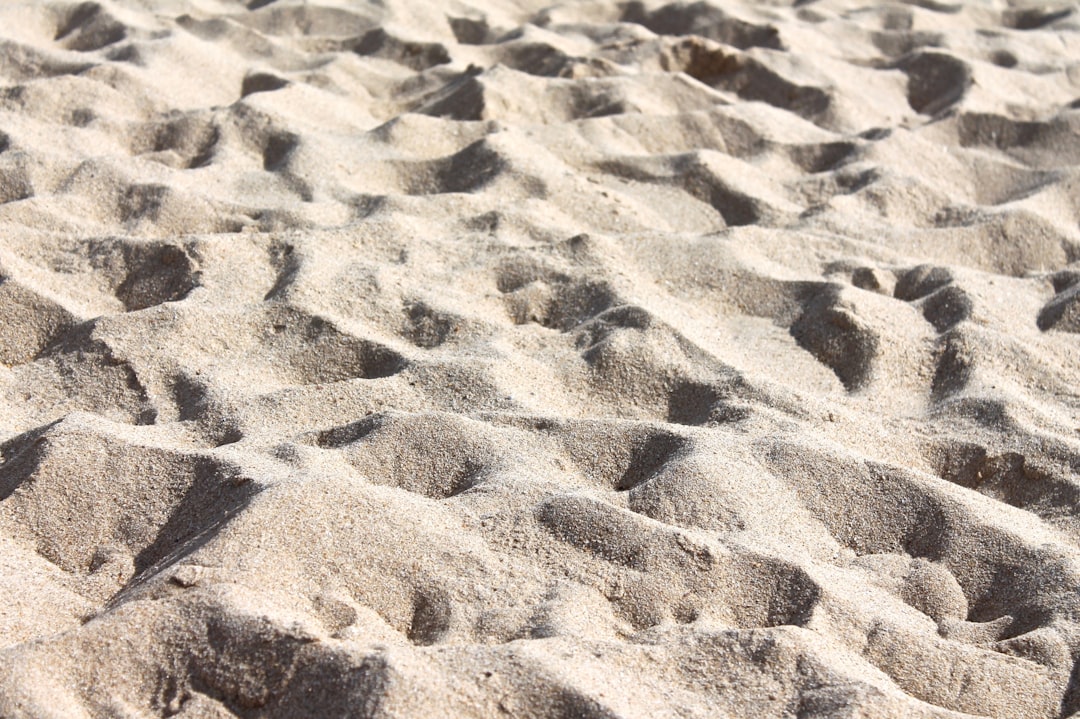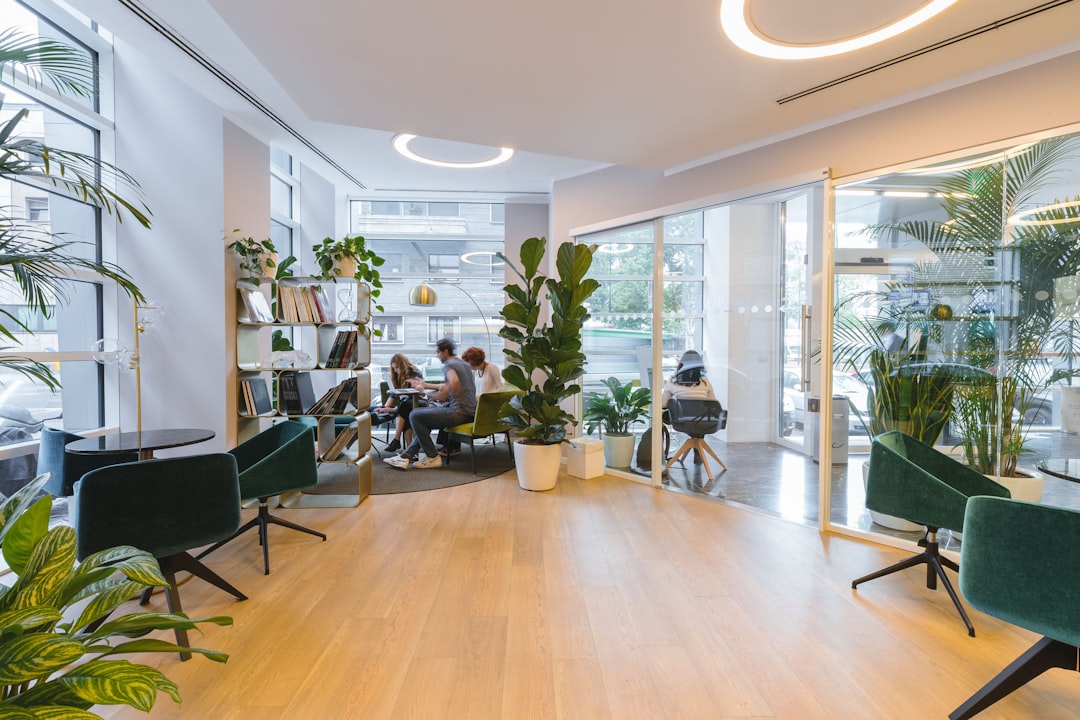What is it about?
We conducted a systematic immune-surveillance in our Institute in Milan, Northern Italy, during the first wave of SARS-CoV-2 infection and the first vaccination campaign (from April 2020 to September 2021). The aim of our study was to define if immune responses to vaccination were correlated to protection from SARS-CoV-2 infection and to its duration. Our data showed that the probability of SARS-CoV-2 infection after vaccination is rare and significantly less frequent, 7-fold lower, compared to reinfection after natural infection. Moreover, when a reinfection occurred in vaccinated individuals, the duration of infection was significantly shorter (median duration 2 days) than the first infections in non-vaccinated individuals (median duration 16.5 days). These effects were inversely correlated to the levels of anti-SARS-CoV-2 circulating antibodies. Therefore, responders to vaccination with a stronger immune response are less prone to reinfection and, even if infected, they show a rapid clearance of the viral particles both compared to non-responders and to not vaccinated people.
Featured Image

Photo by Govind Krishnan on Unsplash
Why is it important?
Our findings showed that vaccination against SARS-CoV-2 produces a strong immune response, in terms of production of circulating IgGs, in most vaccinated individuals (98.1%). IgG levels inversely correlated with age, with the lowest levels in subjects >70, and declined over time post-vaccination. However, 4 months post-vaccination, 98.4% of tested individuals showed IgG levels above threshold. Considering that we have shown that the probability of reinfection largely depends on pre-existent IgG positivity, serological testing in vaccinated individuals might help to identify the population at higher risk of infection and to plan vaccination campaigns.
Perspectives
It was a privilege to be part of the team that worked for this study and a real gratification publishing this manuscript for two main reasons: this study is the result of a huge collaborative effort that involved many people working in several different departments of our Institute; the active surveillance against SARS-CoV-2 of the personnel and the patients of our Institute during the pandemic guaranteed the establishment of COVID-Safe conditions for our fragile cancer patients. Our project demonstrates that, collaborating and sharing expertise and information from many different areas of interest, it is possible to obtain, in a very short time frame, helpful results benefiting both patients and the community, more in general.
Chiara Ronchini
European Institute of Oncology
Read the Original
This page is a summary of: Lower probability and shorter duration of infections after COVID-19 vaccine correlate with anti-SARS-CoV-2 circulating IgGs, PLoS ONE, January 2022, PLOS,
DOI: 10.1371/journal.pone.0263014.
You can read the full text:
Contributors
The following have contributed to this page










